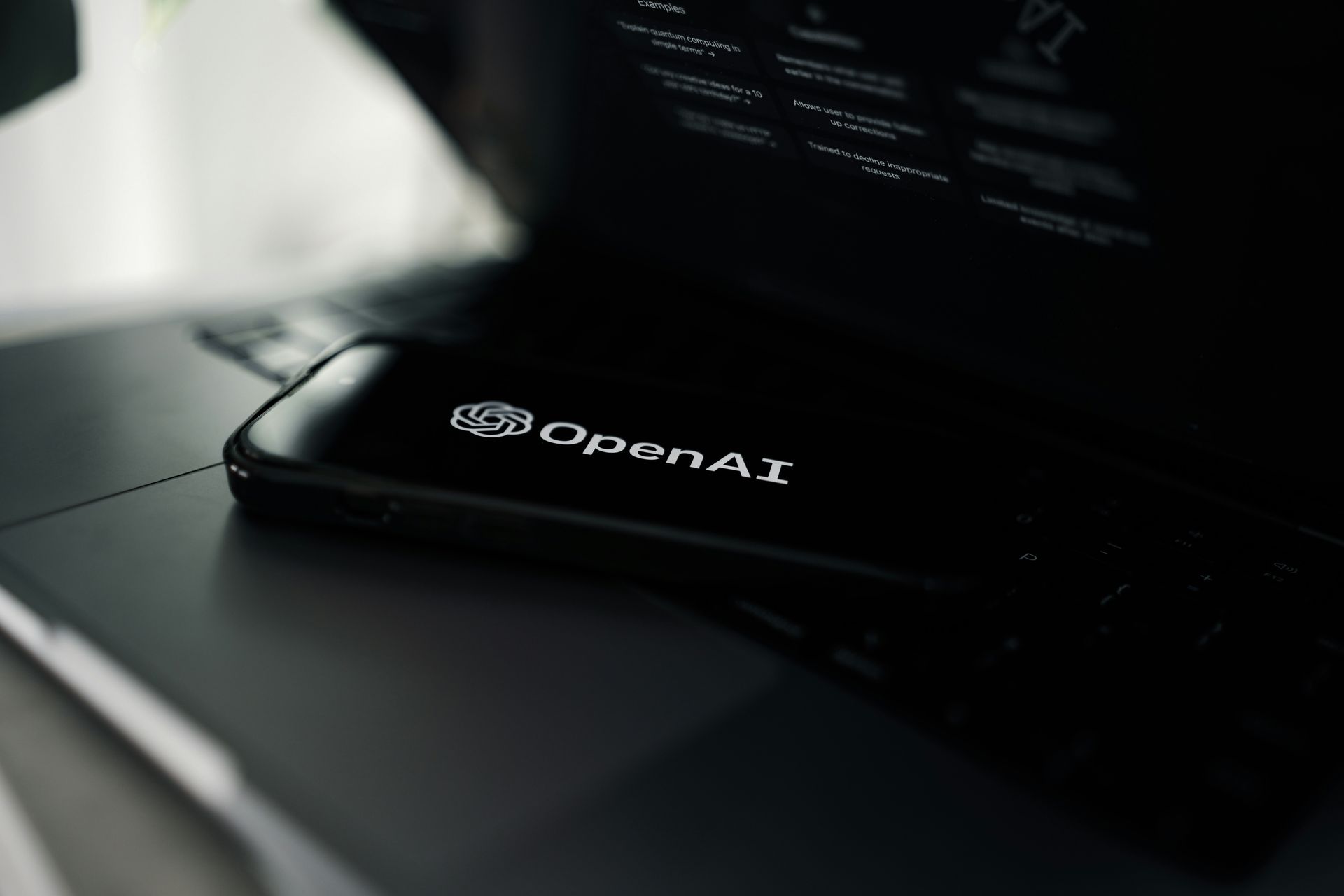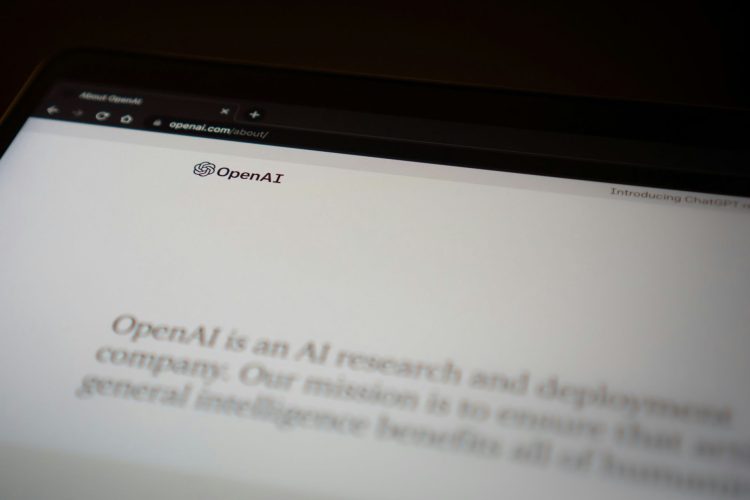OpenAI, the artificial intelligence powerhouse renowned for its groundbreaking innovations, has once again found itself in the headlines, albeit not for reasons it would prefer. This time, the company faces scrutiny due to a pair of significant security breaches that have raised concerns about its data protection practices and overall cybersecurity framework.
ChatGPT for Mac isn’t as secure as you thought
The first incident revolves around OpenAI’s ChatGPT app for Mac users, which was recently discovered to be storing user conversations in an unencrypted format directly on local devices, according to The Verge‘s report.
This meant that sensitive information shared during chats was potentially exposed and accessible to other applications or malicious software.
Swift developer Pedro José Pereira Vieito brought this vulnerability to light, prompting OpenAI to swiftly issue an update that implemented encryption for stored conversations. However, the incident has underscored the importance of robust security measures even in seemingly innocuous applications.
The OpenAI ChatGPT app on macOS is not sandboxed and stores all the conversations in **plain-text** in a non-protected location:
~/Library/Application Support/com.openai.chat/conversations-{uuid}/
So basically any other app / malware can read all your ChatGPT conversations: pic.twitter.com/IqtNUOSql7
— Pedro José Pereira Vieito (@pvieito) July 2, 2024
Last year’s incident haunts the tech giant
Compounding the security woes, a separate breach from last spring has come back to haunt OpenAI. A hacker successfully infiltrated the company’s internal messaging systems, gaining access to confidential information about its operations and AI technologies.
While OpenAI executives opted not to publicly disclose the breach at the time, believing it did not compromise customer or partner data, the incident has ignited internal discord.
Some employees, including former OpenAI technical program manager Leopold Aschenbrenner, have expressed concerns that the company’s security measures are insufficient to protect against potential threats, particularly from foreign adversaries seeking to steal valuable AI technology.

Security? No, thank you!
These two incidents have brought to the forefront a broader debate about OpenAI’s commitment to security and transparency. While the company has taken steps to address the immediate vulnerabilities, questions remain about its internal processes and the extent to which it prioritizes security in its development and deployment of AI applications. The potential geopolitical risks associated with advanced AI technologies further complicate the issue, as the fear of intellectual property theft by foreign nations looms large.
OpenAI’s response to these challenges has been twofold.
Firstly, it has established a Safety and Security Committee to assess and mitigate the risks associated with future technologies. This committee boasts prominent figures like Paul Nakasone, a former Army general and cybersecurity expert. Secondly, the company has reaffirmed its dedication to investing in the protection of its technologies, emphasizing that these efforts predate the recent incidents and are continually evolving.
OpenAI’s reputation and the trust of its users hinge on its ability to learn from these experiences and ensure that security remains a top priority as it continues to surprise us innovation after innovation in the development of AI technologies.
Featured image credit: Jonathan Kemper/Unsplash





